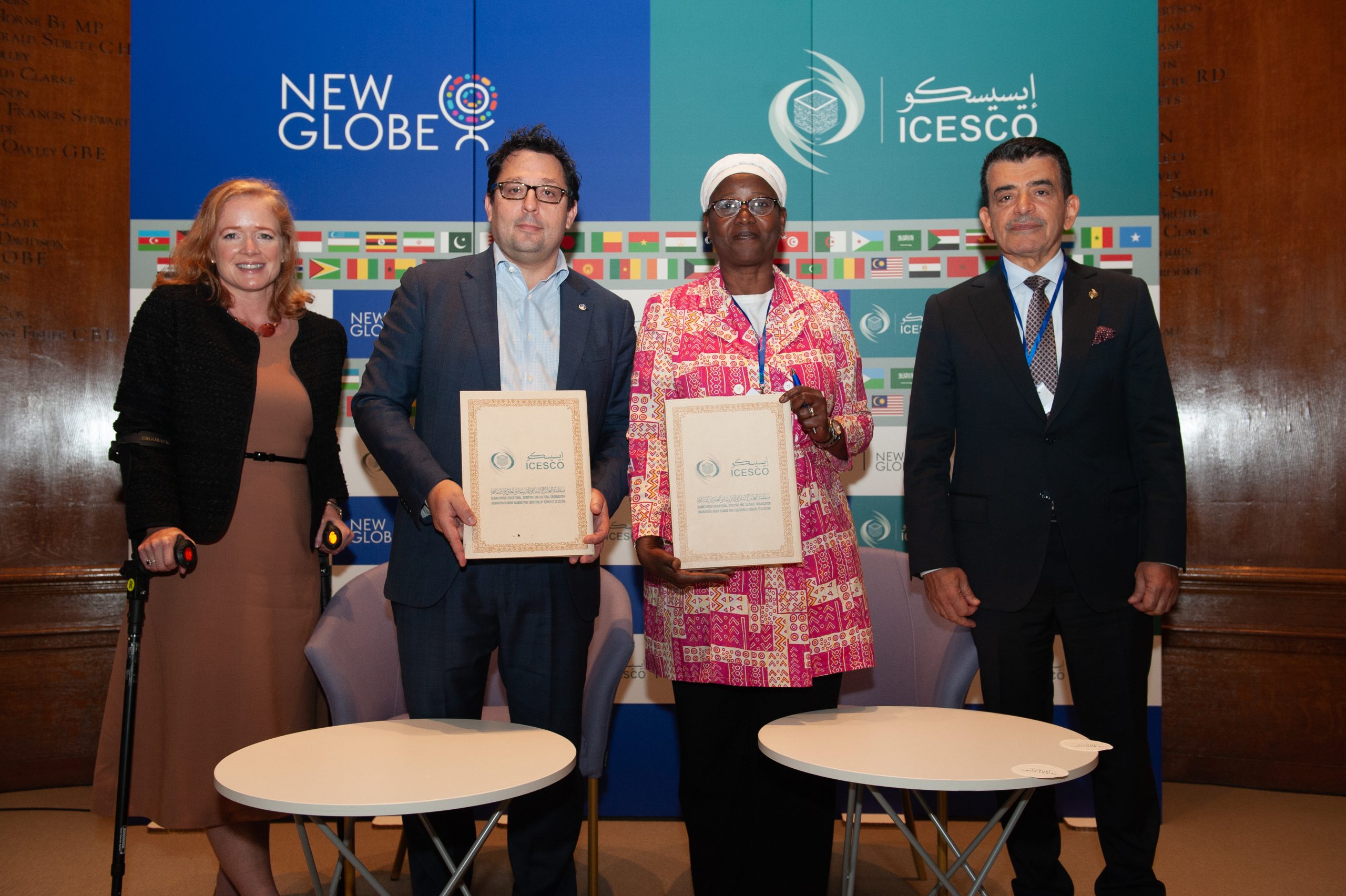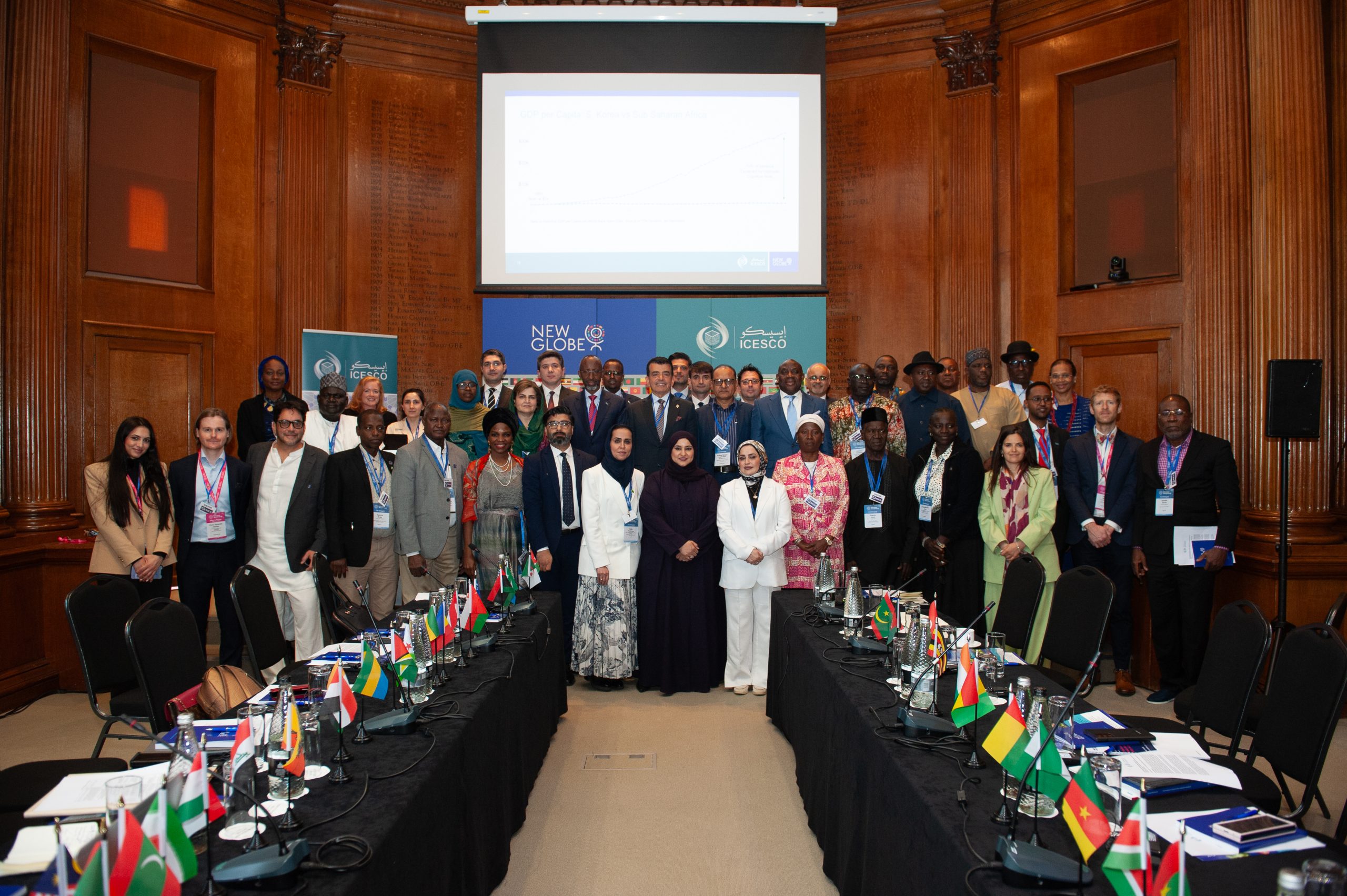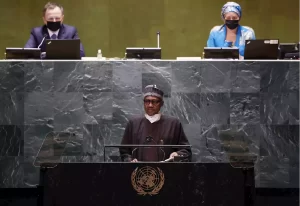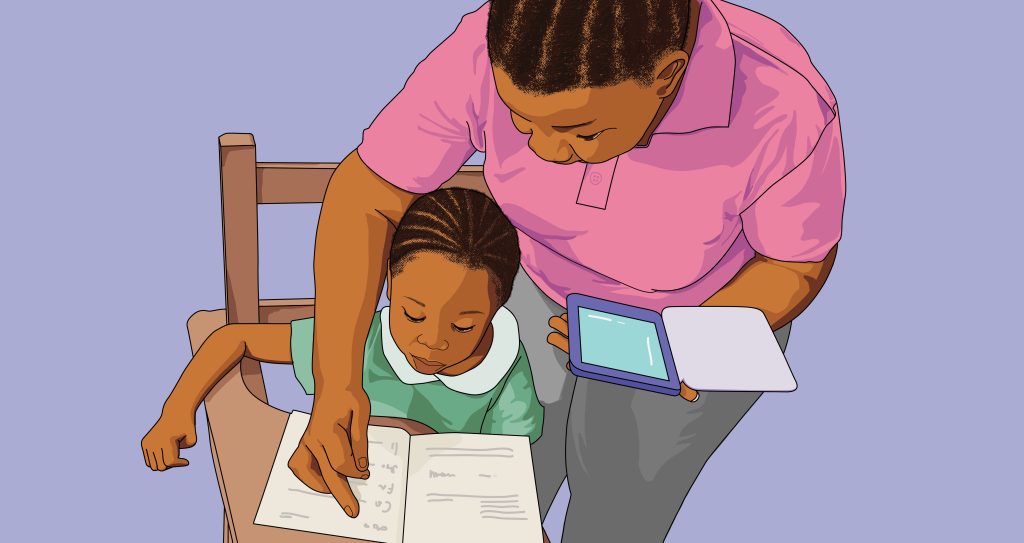Delivering on SDG 4: ICESCO and NewGlobe Set Bold Agenda at EWF 2025
At a time when the global education sector is confronting what the World Bank has called the most serious learning crisis in a century, ministers from across Africa, Asia and the Middle East gathered in London for the 2nd ICESCO High-Level Ministerial Dialogue (HLMD). The Dialogue, co-hosted by ICESCO and NewGlobe during the Education World Forum 2025, marked a pivotal moment not just for exchanging ideas, but for cementing a shared path forward.
This year’s Dialogue culminated in the signing of a landmark Memorandum of Understanding between ICESCO and NewGlobe, formalising a strategic partnership across 53 ICESCO member states. The aim: to equip governments with the tools, data and technical support required to deliver measurable improvements in foundational learning and accelerate progress on SDG 4.
The Stakes: Beyond Access, Toward Learning
Despite progress on access, more than half of the world’s children are not meeting minimum learning standards in literacy and numeracy. In Sub-Saharan Africa, 9 out of 10 ten-year-olds cannot read a simple sentence. The term “learning poverty” has entered global discourse, but rhetoric has not yet been matched with sufficient reform.
Dr. Shannon May, President and Co-Founder of NewGlobe, addressed ministers candidly at HLMD: “If we regress to only reporting on enrolment, we will not address the learning crisis. Counting children in classrooms is not the same as delivering learning.”
Indeed, 95 countries still lack learning data to calculate national learning poverty levels, and fewer than 40 have reported on the foundational learning SDG indicator (4.1.1) in the past six years. This is not a measurement gap. It is a governance gap. Closing it must be a priority for governments and development partners alike.

The Opportunity: Strategic Investment in System Transformation
The ICESCO–NewGlobe partnership focuses on systems, not pilots. It is underpinned by three core commitments:
System-wide visibility through data infrastructure
Ministries will gain access to real-time, GPS-verified data on school performance, teacher attendance, lesson completion and learning outcomes. This includes support to build EMIS-aligned Situation Rooms, where data informs decisions at the national level.Structured pedagogy and instructional alignment
Governments will receive support in delivering high-quality, syllabus-aligned lesson plans, tools for differentiated instruction and continuous teacher professional development, all reinforced with digital tracking to monitor usage and fidelity.AI-enabled teacher coaching and national assessments
Leveraging low-cost smartphones and offline-first software, even the most rural schools will benefit from daily coaching feedback and real-time item-level analysis on student performance, enabling ministries to course-correct with precision.
These methods are already in use in Nigeria and Rwanda and have contributed to some of the largest measured learning gains in international education, according to a landmark study by Nobel Laureate Prof. Michael Kremer.
In Edo and Lagos States, Nigeria, learning levels in foundational literacy and numeracy have increased dramatically within one year of structured system reform, with data shared transparently across ministries and classrooms.
The Framework: A Multi-Year, Multi-Country Agenda
The MoU outlines a series of strategic initiatives co-led by ICESCO and NewGlobe, including:
Founding sponsorship and technical design of ICESCO’s Education Ministers Conferences (IEMC)
Launch of the ICESCO–NewGlobe Transformative Education Systems Prize (2026)
Bespoke national education landscape assessments in both low- and high-income member states
A ministerial Situation Room at ICESCO Headquarters to monitor education indicators across countries
Training workshops and policy planning support for Ministries of Education across member states
The creation of an ICESCO Education Transformation Fund, supported by donor outreach and proposal development led by NewGlobe
This framework empowers governments not just to adopt reform but to lead it, on their own terms and at national scale.
Why It Matters for Ministers
Ministers of Education face immense pressure to show results in a constrained fiscal environment. As Dr. May emphasized during her remarks, failing schools are the most tangible artefact of a failing government, while effective public education is one of the clearest signs of a capable state.
This partnership recognises that education reform must be both politically defensible and technically feasible. It provides ministries with the data to drive accountability, the tools to improve classroom practice, and the support to align donor funding with domestic priorities.
With low-cost digital infrastructure now available even in the most remote communities, and with the urgency of the global learning crisis accelerating, the question is no longer whether governments can afford to invest in learning. It is whether they can afford not to.
📺 Watch highlights from the ICESCO–NewGlobe High-Level Ministerial Dialogue here: https://youtu.be/DV_4zVObaro




